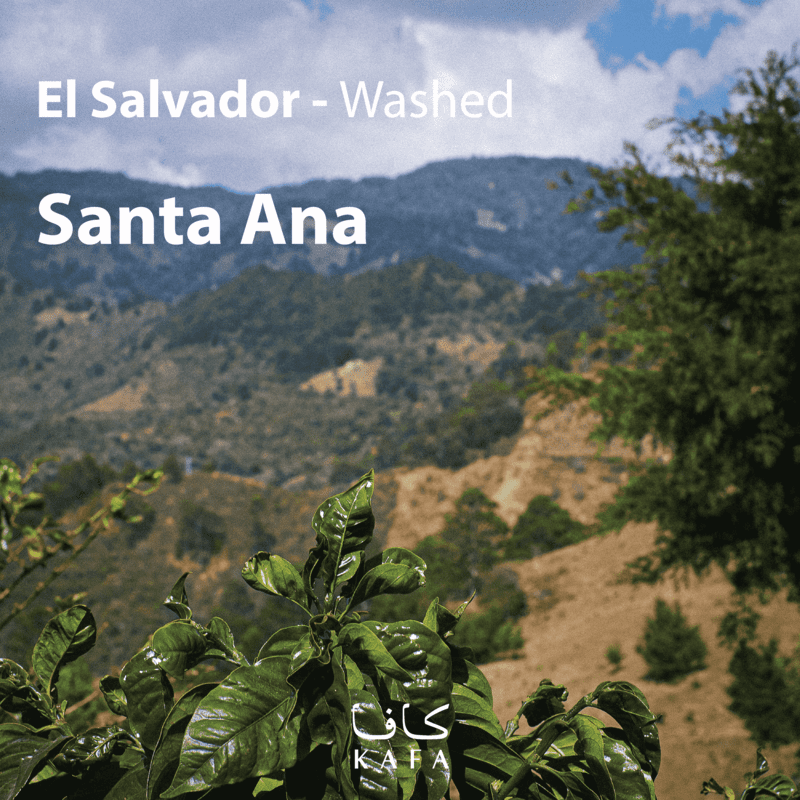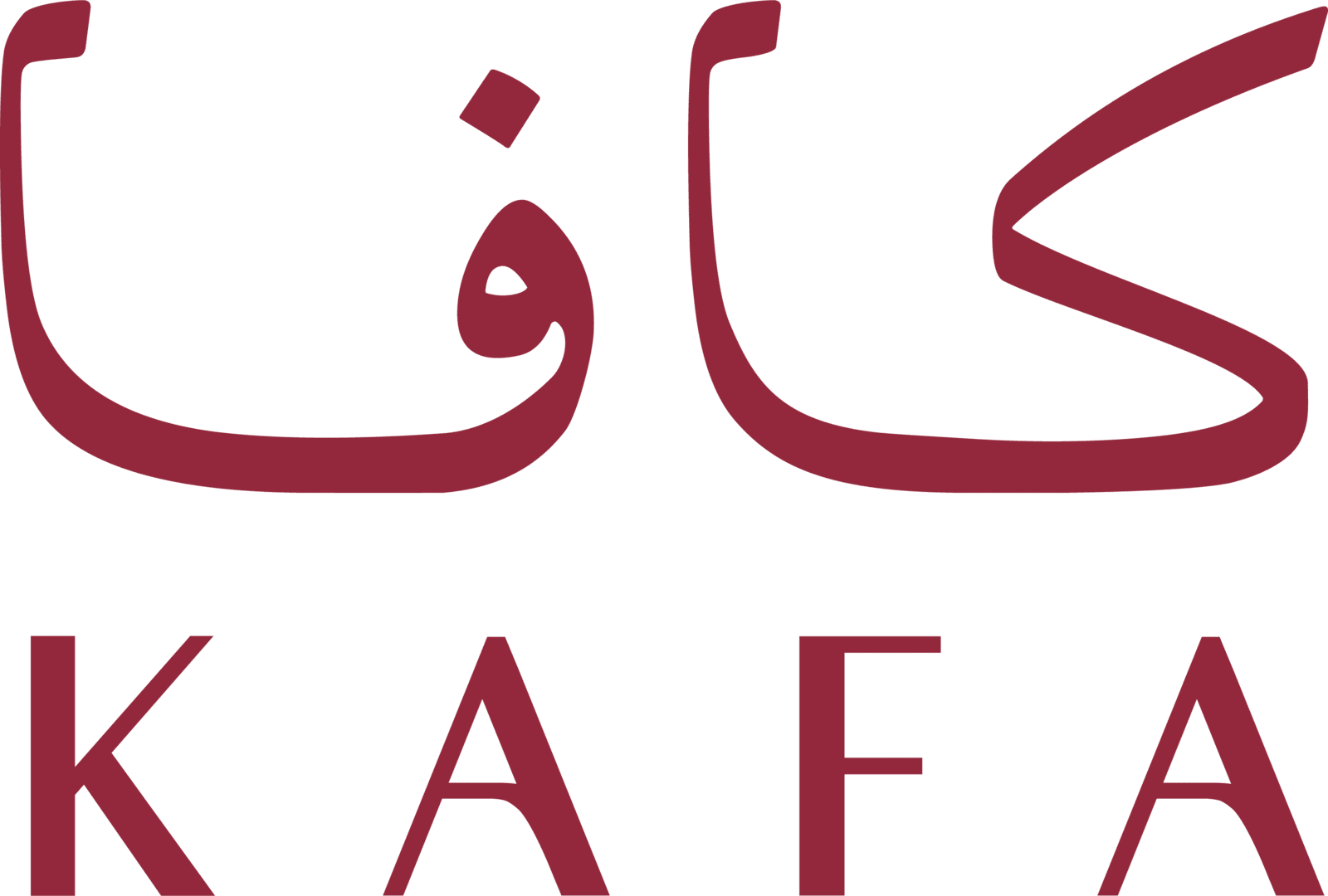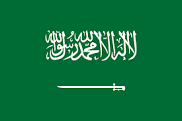


El Salvador Santa Ana Washed (69 KG) - P18565
Washed
Washed coffees are the most commonly found in El Salvador, and typically the coffee is picked ripe and depuled the same day it's harvested before being put in tanks to ferment in the open air for about 12–24 hours. The mucilage is washed off from the seeds, then the coffee is spread on patios or raised beds to dry, which takes up to 20 days.
Bourbon, Caturra, Pacas, Pacamara
Although this offering is not traceable to a single variety, it is likely comprised of Bourbon, Caturra, Pacas, and Pacamara — the most commonly cultivated varieties in this region.
Santa Ana
El Salvador's most productive region, Santa Ana, borders Honduras and Guatemala along the western side of the country. Historically, El Salvador's largest estates and mills we're located in Santa Ana, making it the most well-known. Throughout the region, single producers, communities, and estates grow both traditional, new, and Kenyan varieties and then wash or dry coffees naturally.
El Salvador
Known as “the land of volcanoes,” El Salvador is the smallest Central American country (roughly the same size as New Jersey), but its reputation among specialty-coffee-growing regions has grown larger-than-life, especially since the early 2000s. While coffee was planted and cultivated here mostly for domestic consumption starting in the mid-1700s, it became a stable and significant crop over the next 100 years, notably increasing in national importance during the late 1800s, when the country’s indigo exports were threatened by the development and widespread marketability of synthetic dyes.
As coffee grew in economic importance, different government programs designed to increase production through land, tax, and military-exemption incentives created a small but strong network of wealthy landowners who gained control over the coffee market, in addition to the individual smallholders who were growing coffee as part of their subsistence farming and would sell their cherry to the larger estates or mills.
By the late 1970s, coffee exports accounted for 50 percent of the GDP, but socioeconomic and political unrest hurled the country into civil war for more than a decade, and in the 1980s various land-redistribution projects and agrarian reform disjointed the coffee industry and caused the market to decline. Lacking the resources to continue farming, producers abandoned their coffee farms, and many were left overgrown and unharvested for years until a peace agreement was reached in the 1990s.
It is often said that the Cup of Excellence competition, which came to El Salvador in 2003, was the beginning of the new “wave” of interest in Salvadoran coffee, shining the first light on some of the special varieties the small country grows.
El Salvador Sourcing
As El Salvador continues to bounce back after the devastating effects of coffee-leaf rust, farmers are committed to trying to preserve as much of their heirloom varieties as possible, to mixed results. With yields down as much as 50 percent in places, it is a time of crossroads for Salvadoran producers, who face difficult decisions about what plants to cultivate in the incredibly rich volcanic soils.
One of Café Imports’s green-coffee buyers, Piero Cristiani, is from El Salvador, and his mother has been involved in the coffee industry for decades, imbuing Piero with a special passion for discovering and highlighting the best coffees the country has to offer. He is based in El Salvador for a portion of the year, which allows him to develop and maintain strong relationships there, and to keep an eye on the quality and volume of coffees year by year.
Thanks to his vision and initiative, we have been able to buy coffee in parchment and do the dry milling and final sorting ourselves, which not only provides more up-front finances for producers but also allows us to offer a range of coffee lots that are separated by process, variety, and even screen size, as we’ve had success with blended peaberry lots from various quality-focused growers in the Chalatenango region in particular. Of course, we also have more standard single-producer microlots, and are also working toward more Regional lots and perhaps even a version of our Best Cup competition to contribute to the strengthening of Salvadoran coffee for generations to come.


